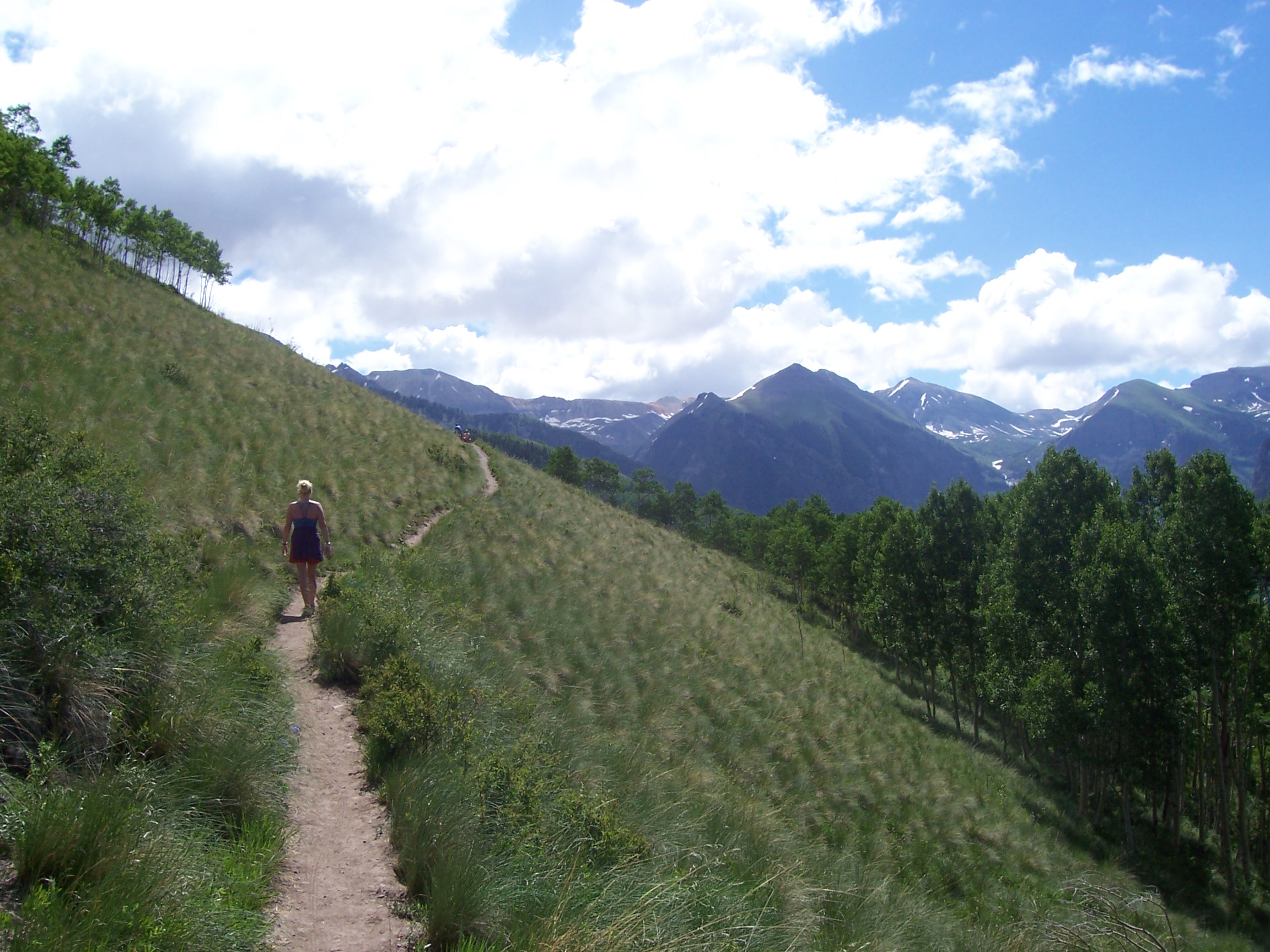Facilitate the discovery, dissemination and preservation of student sustainability projects and research. Showcase student work in your Institutional Repository!
SustainRT, the U.S. Partnership for Education for Sustainable Development(US Partnership) and the Disciplinary Associations Network for Sustainability(DANS) are launching a Call to Action — to showcase student sustainability projects and research in Institutional Repositories on campuses across the U.S.
Academic librarians are in a unique and vital position to create a better future — one with less pollution, healthier ecosystems and higher quality of life for all. We have a role to play in “Creating Sustainable Community,” as shown by the theme of the ACRL 2015 conference.
As a librarian, you can contribute to solving urgent societal sustainability challenges by taking the time to:
-
Encourage faculty to invite students (with high quality sustainability projects and research) to submit their final work to the IR.
-
Use keywords such as “student sustainability research” and discipline-specific subject terms to make this work discoverable.
-
Creating a sustainability section on the IR specifically for sustainability projects and research (making it easier to track for STARS, too)
-
Add a “SUBMIT” button in your IR so students may submit their own sustainability work for later review by library staff (saving the library time and empowering students to play an active role).
-
Add OpenDOAR, an authoritative directory of academic open access repositories, to one of your resource pages to increase discovery of other repositories. Try reviewing OpenDOAR to see how other repositories preserve student work.
-
Reach out to nearby colleges and universities if your institution does not have an IR and inquire about collaborating to meet this Call to Action.
Please send your questions, feedback or ideas to advance this Call to Action to: US Partnership Fellow and SustainRTCoordinator Elect, Madeleine Charney at mcharney@library.umass.edu or 413-577-0784. Your input will be appreciated and valued!
Need further information about the benefits of showcasing student sustainability projects and research? Watch this video from the George A. Smathers Library at the University of Florida. Or read on..
Why showcase student sustainability projects in an IR?
There is a growing national trend for undergraduate (and some graduate) students to engage in real world problem solving projects related to urgent sustainability issues (e.g. water and food availability, ecosystem health, severe weather event preparation and resilience, energy efficiency and renewable energies design and implementation, sustainable livelihoods). The knowledge gained through these projects is often lost to the broader community as the information is usually submitted to faculty and never published. Without awareness of existing projects, students and communities working on similar real world sustainability projects in other locations must re-create the information, tools, analyses, and lessons learned from scratch.
Value of a sustainability student showcase in an IR?
If made available via IRs, sustainability projects and research can offer significant value, from additional campus use to global applications. For example, a project at one college that engages students in planning and implementing a campus ride share program to reduce pollution and traffic congestion has many lessons to share on how best to design the ride sharing program, the vendor selection, and effective outreach to students. Posting the write up of the project in an IR will help scale up ride sharing across the country, growing the positive environmental and community benefits more rapidly.
An IR from a wide range of institutions can make otherwise unpublished student sustainability research and creative output highly visible and accessible to all. By capturing student sustainability work in IRs, we will create a deep well of sustainability knowledge that supports other researchers and project participants. The connectivity created through such a network of IRs will allow the sustainability community in higher education to increase the integration of sustainability into campuses (e.g. curricula, student life, purchasing and investments, policy, facilities and operations) and the broader community (e.g. government, businesses and non-profits).
In a recent article, “Focusing on student research in the institutional repository” (C&RL News, Nov. 2014), Danielle Barandiaran et al discuss benefits to students when they deposit their work in an IR:
- A permanent and official place to archive their work
- A stable URL, which can be referred to in perpetuity
- Building of an online curricula vitae, which promotes their academic and research skills
Furthermore, the article’s survey reveals that 68.4% of respondents believe that undergraduate work housed in an IR would be very helpful when recruiting students. The majority of respondents also believe the presence of undergraduate work in the IR would aid in attracting high caliber students.





You must be logged in to post a comment.